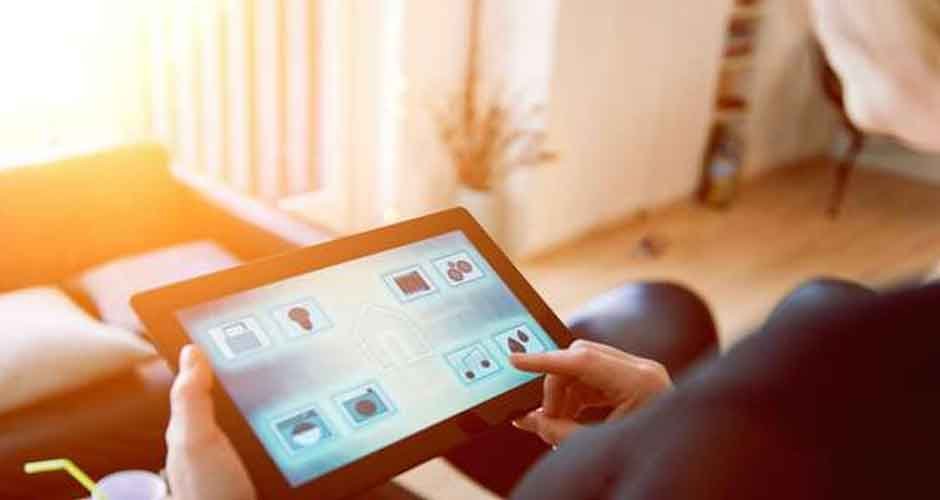The idea of a fully automated home is no longer a concept seen in science fiction movies or a dream of the future. With the advent of technology, the modern home has become a realm where appliances and systems interact seamlessly, offering convenience, safety, and efficiency.
From your coffee machine brewing your morning cup just in time to a remote control gate opener that smoothly ushers you into your driveway after a long day, the smart home revolution has redefined how we live. But before you jump into this digital wave, you need to consider a few critical factors.
Understand What a Smart Home Entails
First, it’s essential to understand what having a smart home truly entails. Realty Management, Boise property management company, explains a smart home refers to a residence that incorporates devices and systems, which can be controlled remotely via an internet connection.
These devices often use automation to offer various conveniences. It is much more than just having a smart TV or a few connected gadgets; it’s a cohesive system where multiple devices work together to create an interconnected, smart living environment.
Assess Your Needs and Lifestyle
Before investing in smart home technology, identify your needs. Are you interested in saving energy, improving security, boosting convenience, or all the above? For instance, if your primary goal is security, focus on smart locks, surveillance cameras, and alarm systems.
If it’s about comfort and entertainment, then smart lighting, sound systems, or advanced home theaters could be the choice. Assess your needs and choose smart devices accordingly.
Understand the Costs Involved
Converting your house into a smart home can be a significant investment. While some devices, like smart bulbs and plugs, are relatively affordable, others, like whole-house automation systems, can be quite costly. Additionally, potential changes to your home’s infrastructure, such as wiring and network upgrades, could further drive up costs. Therefore, it’s wise to conduct thorough research, set a realistic budget, and gradually upgrade.
Security and Privacy
The convenience of a smart home comes with potential risks. Since these systems connect to the internet, they can be vulnerable to hacking. To mitigate these risks, make sure your home network is secured with a robust password and regularly update your devices’ software to protect against potential security threats. Consider also a professional security audit of your smart home setup.
Ease of Use
Lastly, a smart home is supposed to make your life easier, not more complex. If you’re not particularly tech-savvy, look for systems and devices that are known for their user-friendliness. Consider products that require minimal setup and offer intuitive control, whether via smartphone apps, voice commands, or even simple wall switches.
Conclusion
Transforming your home into a smart home can seem daunting, but with a clear understanding of your needs, careful budgeting, and a focus on security, it can become an enjoyable and rewarding project.
Just imagine coming home to a house that welcomes you with your favorite music, the perfect temperature, and a warm, welcoming glow from your lights – all triggered by the simple action of your remote control gate opener. The future is here, and it’s time to embrace the smart home revolution.






